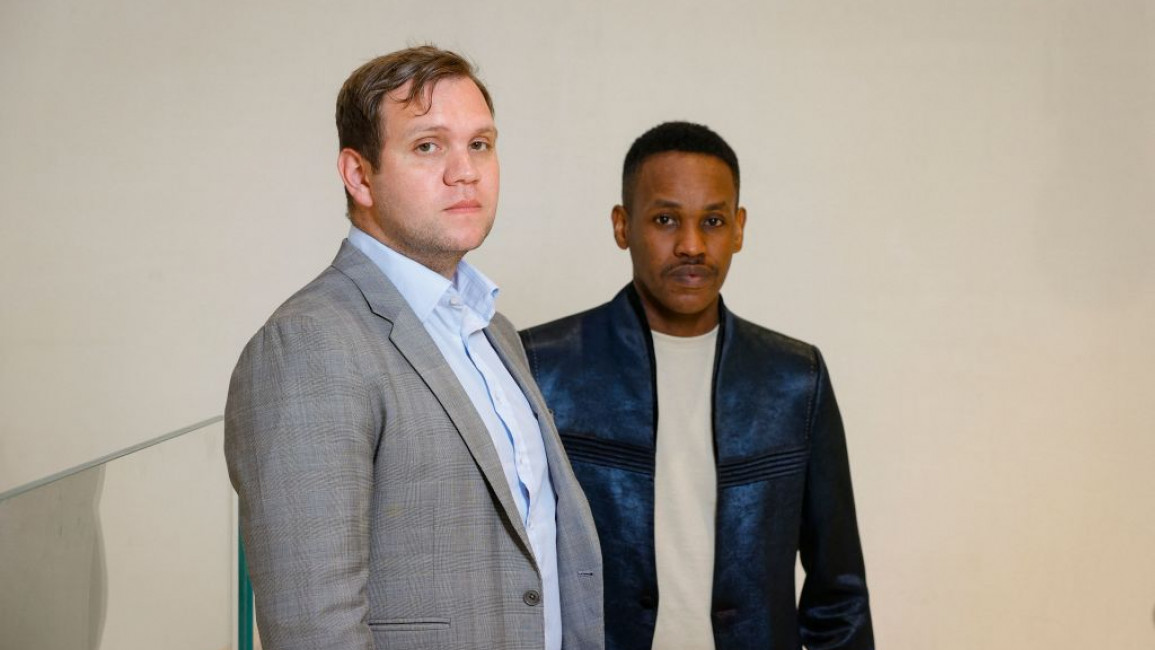NGOs call on UAE to adopt recommendations from UN Committee against Torture
The UAE must adopt all recommendations from the UN Committee against Torture to protect individuals from torture and ill-treatment in the Gulf state, a group of NGOs said in a joint statement released Saturday.
MENA Rights Group, alongside around a dozen other organisations, including Democracy For The Arab World Now (DAWN), said the Emirati government had so far failed to adhere to the UN Convention against Torture (UNCAT), which it ratified in 2012.
The joint statement accused the UAE of "widespread" state-sanctioned abuse and stressed that recommendations from the UN committee charged with investigating unimplemented UNCAT provisions must be enshrined into law and followed.
"To date, Emirati law does not criminalise torture in a manner entirely consistent with the Convention," read the statement, sent by MENA Rights Group to The New Arab.
"The Emirati legal system does not provide sufficient safeguards to prevent the practice of torture against those detained, and in practice, even existing legal guarantees are not respected," it said.
The NGOs said Emirati law allowed for a degree of ambiguity over the use of torture.
They said that "effective steps" were needed to ensure all detainees were able to exercise their full rights, such as access to legal representation and the opportunity to challenge the lawfulness of their detention.
Their statement also challenged the current climate of impunity in the UAE, saying perpetrators of abuse must be prosecuted and punished in a timely manner, and "the rules governing the state security apparatus" must be transparent.
Hamad Al Shamsi is Executive Director of the Emirates Detainees Advocacy Center (EDAC).
"Everyone knows that the UAE’s goal in signing [the UN Convention against Torture] is only to polish its international image," he told The New Arab.
Shamsi is part of the UAE 94, a group of scholars, activists, academics and human rights defenders put on mass trial after signing a petition calling for democratic reforms.
He was sentenced to 15 years in prison on vague security charges and later included on the government’s terror list. He now lives in exile in Turkey.
“The lack of international attention not only allowed the UAE to get away with [not implementing the recommendations] but it also allowed it to be a member of the UN Human Rights Council, and an Emirati officer responsible for torture like Ahmed Naser Al Raisi [to become head of Interpol]," he said.
He said ongoing violations "confirm that human rights are still mere slogans for many countries, and interests are what dominate the actions of states".
Ultimately, the UAE’s implementation of the UN convention is optional, he added, but pressure from the US, Canada and Western European countries is the best way to ensure that the UAE complies.
A report released in June, jointly authored by MENA Rights Group and EDAC, concluded that "torture is widespread" in the UAE and "often goes unpunished".
في بيان مشترك 14مؤسسة حقوقية دولية تؤكد استمرار ممارسات التعذيب والمعاملة السيئة والمهينة للمعتقلين في الإمارات، وتطالب بتغييرات كبيرة في القانون والممارسة لـ #مكافحة_التعذيب في سجون الدولة، وتدعو السلطات الإماراتية للالتزام الكامل بمتطلبات #اتفاقية_مناهضة_التعذيب التي وقعت عليها pic.twitter.com/jMTsVWkVpI
— مركز مناصرة معتقلي الإمارات (@EDAC_Rights) August 12, 2022
Dissenting voices are "silenced by [the UAE] legal framework” that cracks down on any form of government criticism, and “torture is often used in criminal cases brought against peaceful dissidents", according to the report.
This included incidents of prolonged solidarity confinement, denial of appeal rights or access to a lawyer, beatings, ritual humiliation and forced confessions.
The biggest culprit is the state security apparatus, which holds people for several months in secret facilities and where the use of torture is allegedly prolific.
Matthew Hedges, who was conducting PhD research in the UAE when he was detained in 2018, was held in solitary confinement and interrogated by state security agents for months, sometimes for up to 15 hours at a time.
When speaking at a press conference at the Geneva Press Club last month, Hedges spoke out against the "systemic nature" of abuse in the UAE.
"This is not just something that is a random occurrence and is a mistake. No, this is something that is part of the DNA of that structure designed to keep power concentrated," he said.
Hedges spoke alongside Ali Issa Ahmad, a British and Sudanese national who was arrested while watching a football match in the UAE. Ahmad said he was physically assaulted by security forces and was not allowed to eat, drink, sleep or contact family during his detention.
The UAE rejects Hedges and Ahmad’s testimonies.



